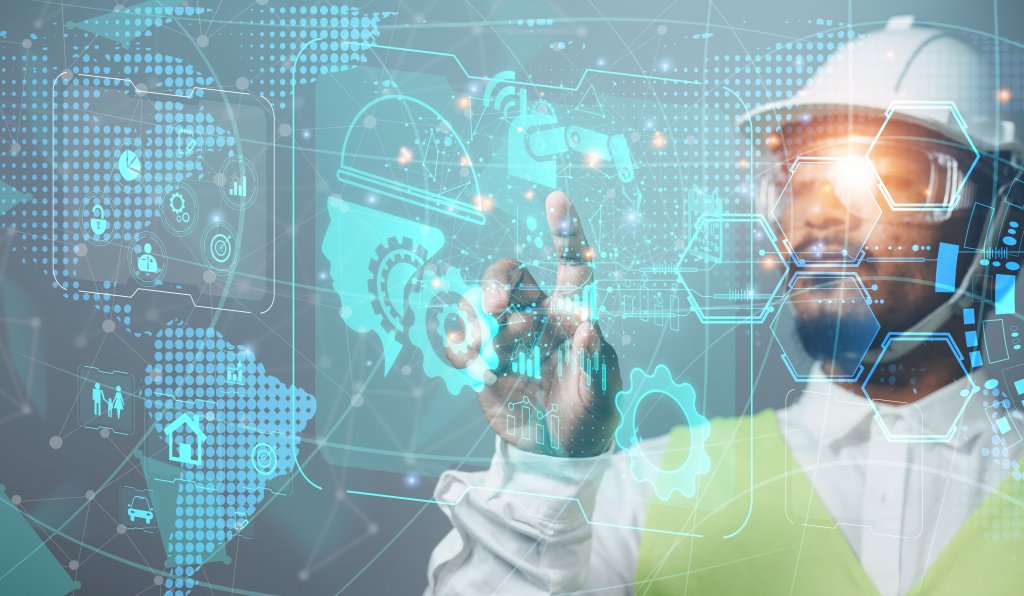Interested in getting unlimited access to our full 250+ library of agreements and forms?
Visit the link below to learn more: https://aiacontracts.com/subscriptions/unlimited-subscription
January 19, 2024
Contractors can leverage Artificial Intelligence (AI) in construction projects to streamline processes, improve efficiency, enhance safety, and make more informed decisions. Here are several ways in which AI can be utilized in the construction industry:
1. Project Planning and Scheduling:
AI algorithms can analyze historical project data to optimize project schedules, taking into account various factors such as weather conditions, resource availability, and potential risks.
2. Risk Management:
AI helps identify and assess potential risks in construction projects by analyzing historical data and predicting potential issues. This enables proactive risk management and mitigation strategies.
3. Site Monitoring and Safety:
AI-powered cameras and sensors are used for real-time monitoring of construction sites. They can detect safety violations, potential hazards, and ensure compliance with safety protocols.
4. Supply Chain Optimization:
AI algorithms analyze data related to the supply chain, helping contractors optimize material procurement, reduce waste, and manage inventory more efficiently.
5. Automated Machinery and Robotics:
AI-driven robotics and autonomous machinery are used for tasks such as bricklaying, concrete pouring, and earthmoving. This enhances precision, speed, and reduces labor-intensive work.
6. Drones for Surveying and Mapping:
Drones equipped with AI can conduct aerial surveys and create detailed maps of construction sites. This aids in site analysis, progress tracking, and identification of potential issues.
7. Cost Estimation and Budgeting:
AI algorithms analyze historical cost data and project specifications to provide accurate cost estimates. This assists contractors in budgeting and financial planning.
8. Quality Control:
AI can analyze images and sensor data to assess the quality of construction work. It helps identify defects, deviations from standards, and ensures that construction meets quality requirements.
9. Collaboration and Communication:
AI-powered project management tools facilitate collaboration among team members, streamline communication, and provide real-time updates on project progress.
10. Energy Efficiency and Sustainability:
AI is used to optimize energy consumption in buildings by controlling HVAC systems, lighting, and other energy-consuming elements. This contributes to sustainable construction practices.
By integrating AI into construction projects, contractors can achieve greater efficiency, reduce costs, improve safety, and deliver high-quality projects within specified timelines. The continued advancement of AI technologies is expected to further transform the construction industry in the coming years.
AIA Contract Documents has provided this article for general informational purposes only. The information provided is not legal opinion or legal advice and does not create an attorney-client relationship of any kind. This article is also not intended to provide guidance as to how project parties should interpret their specific contracts or resolve contract disputes, as those decisions will need to be made in consultation with legal counsel, insurance counsel, and other professionals, and based upon a multitude of factors.

